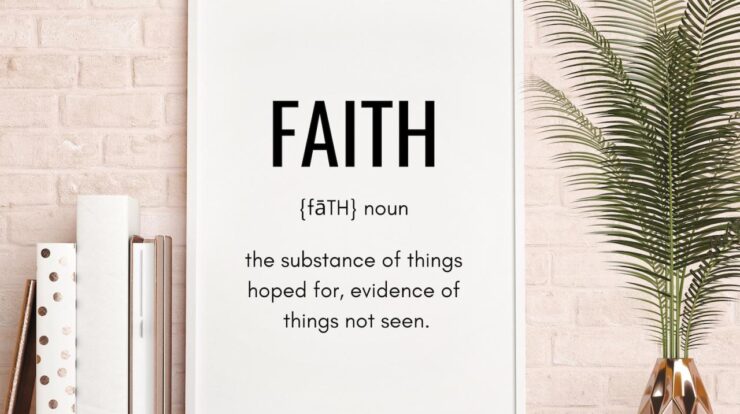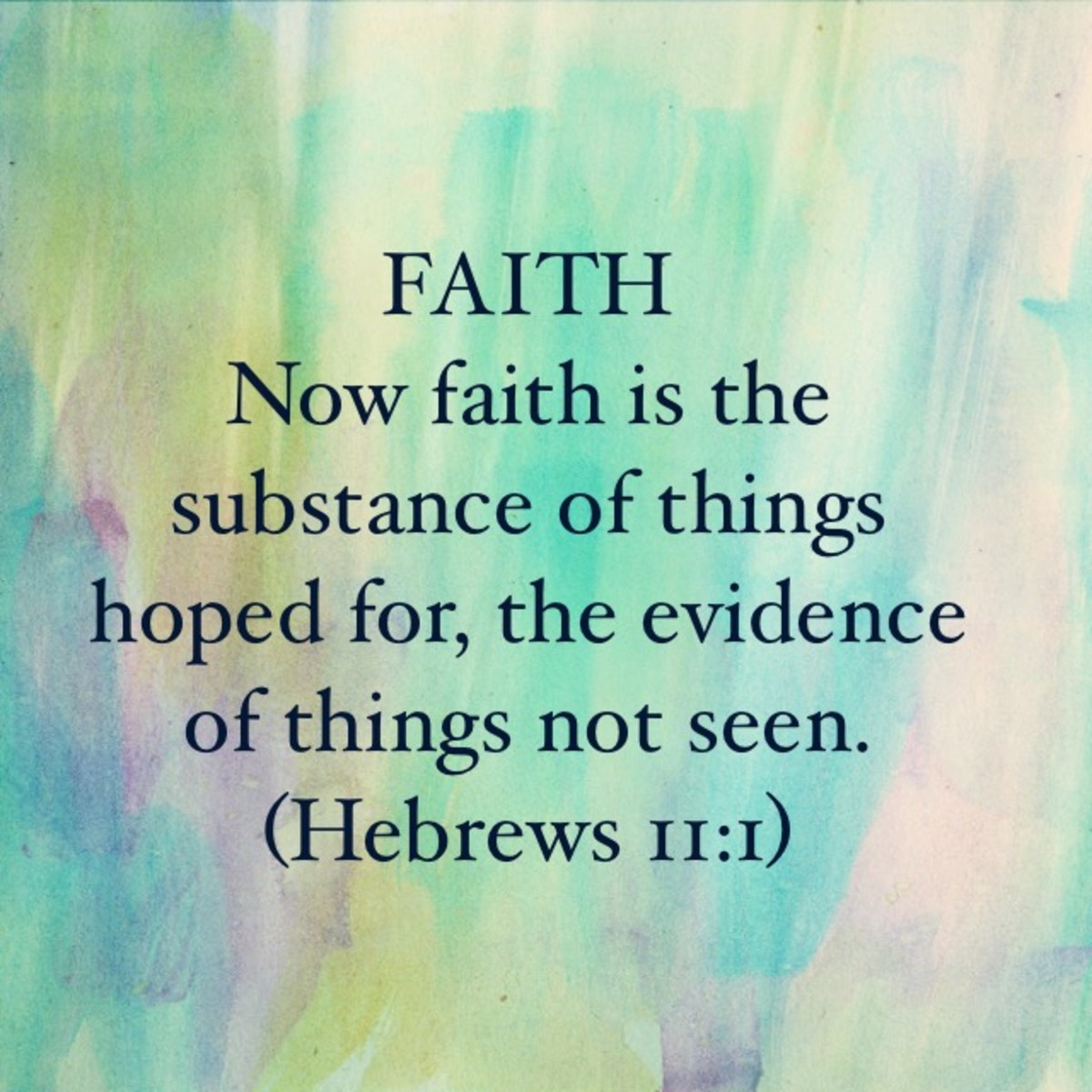
Faith definition – Embark on a journey to unravel the multifaceted concept of faith, its historical roots, religious interpretations, and profound impact on human thought and action.
Throughout history, faith has been a cornerstone of human experience, shaping our beliefs, values, and aspirations. From ancient religious texts to modern social movements, faith has inspired countless individuals to transcend boundaries and strive for a higher purpose.
Definition and Etymology

Faith is a complex concept that encompasses a wide range of beliefs and practices. At its core, faith refers to the belief in something without empirical evidence or proof. It is a fundamental aspect of human existence, influencing our thoughts, actions, and relationships.
The word “faith” has its roots in the Latin word “fides,” which means “trust” or “confidence.” It is closely related to the Greek word “pistis,” which also denotes belief and trust. The term has been used throughout history to describe a variety of religious and non-religious beliefs and practices.
In religious contexts, faith often refers to the belief in a higher power, such as a god or deity. It involves trust in the existence and guidance of this power, even in the absence of tangible evidence. In non-religious contexts, faith can refer to a belief in oneself, in the power of human reason, or in the goodness of humanity.
Religious Perspectives on Faith
Faith plays a central role in major world religions. In Christianity, faith is seen as a gift from God that enables individuals to believe in the teachings of Jesus Christ and to experience salvation. In Islam, faith is one of the five pillars of the religion and is essential for salvation.
In Judaism, faith is understood as a covenant between God and the Jewish people.
Different religions define and interpret faith in various ways. For example, in Buddhism, faith is seen as a path to enlightenment and is based on the teachings of the Buddha. In Hinduism, faith is expressed through devotion to various gods and goddesses.
Faith and Reason
The relationship between faith and reason has been a subject of debate throughout history. Some philosophers argue that faith and reason are compatible and can complement each other. They believe that faith provides a foundation for beliefs that cannot be proven through rational thought alone.
Others argue that faith and reason are incompatible and that one must choose between the two. They contend that faith is based on blind belief, while reason is based on evidence and logic.
Faith and Action

Faith often inspires individuals and movements to engage in social justice, humanitarian efforts, and personal growth. Throughout history, people of faith have played a significant role in fighting for civil rights, providing aid to the poor, and promoting peace and reconciliation.
Acting on one’s faith can be challenging, especially in the face of opposition or adversity. However, many individuals find that their faith provides them with the strength and courage to persevere in the face of difficulties.
Faith and Doubt
Doubt is a natural part of the human experience, and it can also be a part of faith. Doubt can challenge our beliefs and force us to re-examine our assumptions. However, doubt can also strengthen our faith by leading us to a deeper understanding of our beliefs.
There are various strategies for navigating periods of doubt and maintaining a strong faith. Some people find it helpful to talk to a trusted friend, family member, or spiritual advisor. Others find comfort in reading religious texts or practicing meditation.
Faith in Contemporary Society
The role of faith in modern society is complex and multifaceted. Secularism and the rise of non-religious belief systems have challenged the traditional dominance of religion in many parts of the world.
However, faith continues to play a significant role in the lives of many people. It provides a sense of meaning, purpose, and community. In a rapidly changing world, faith can offer individuals a sense of stability and hope.
Conclusion
In the tapestry of human existence, faith remains an enigmatic and enduring force, challenging our understanding of the world and our place within it. As we navigate the complexities of modern society, faith continues to offer solace, guidance, and the unwavering belief that even in the face of uncertainty, hope prevails.
Clarifying Questions: Faith Definition
What is the essence of faith?
Faith is a deep and abiding trust in something or someone, often without empirical evidence or proof.
How do different religions define faith?
While the concept of faith is shared across many religions, each faith tradition offers its unique interpretation and emphasis.
What is the relationship between faith and reason?
The relationship between faith and reason has been a subject of philosophical debate for centuries, with some arguing for their compatibility and others emphasizing their distinct domains.
How does faith inspire action?
Faith has been a driving force behind countless acts of compassion, social justice, and personal transformation.
What is the role of doubt in faith?
Doubt can be a challenging but integral part of faith, as it tests the depth of one’s beliefs and ultimately strengthens them.





